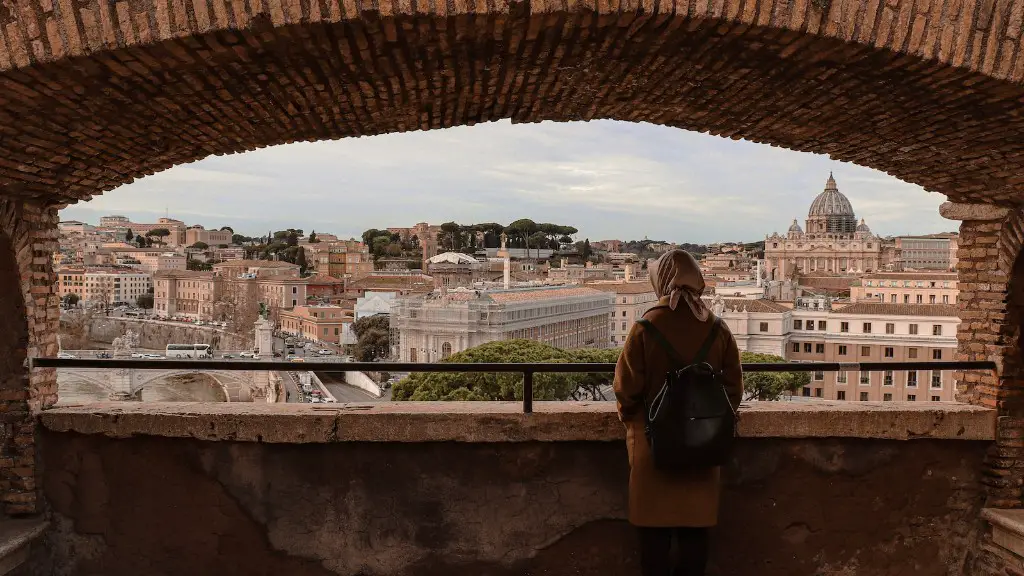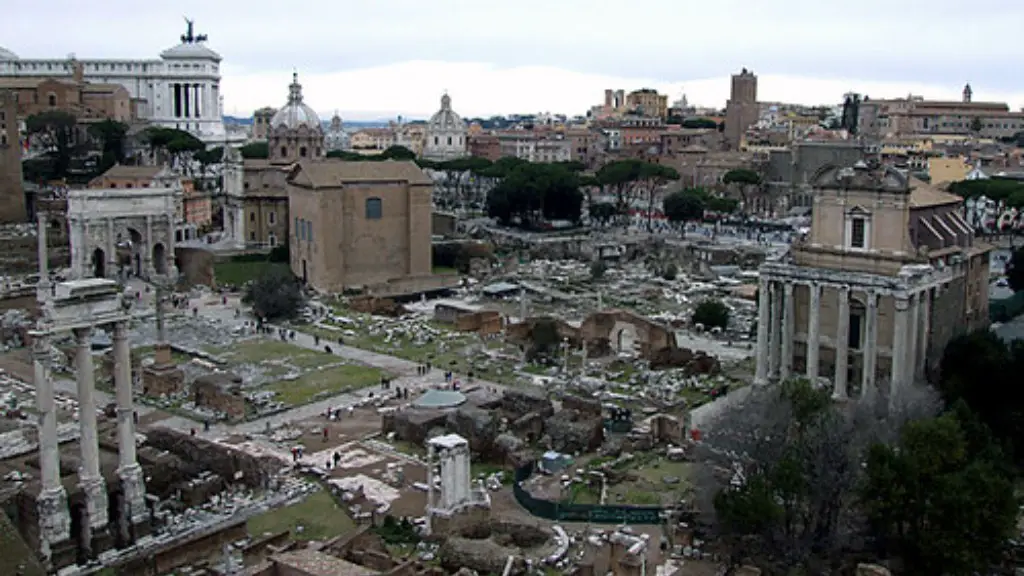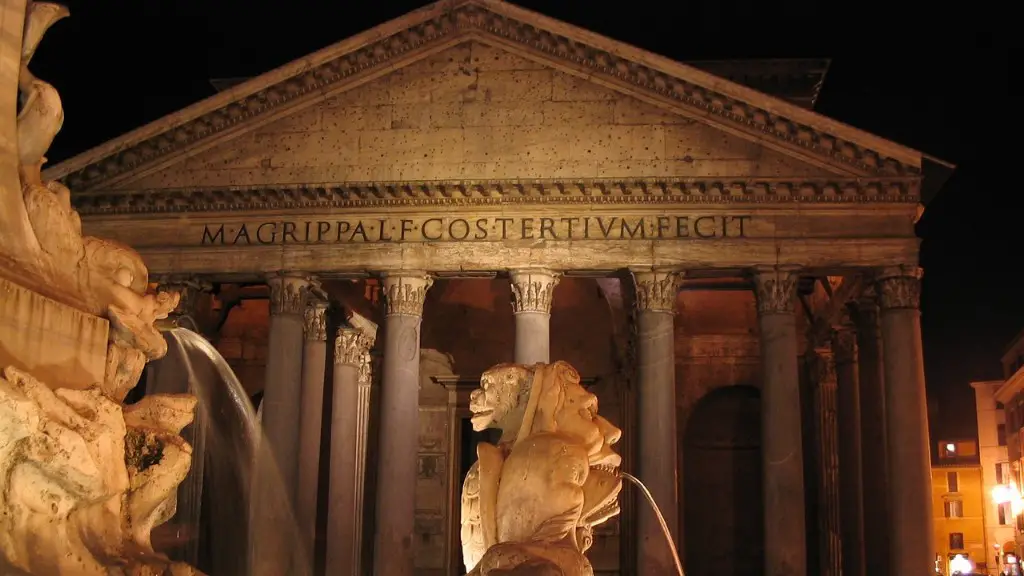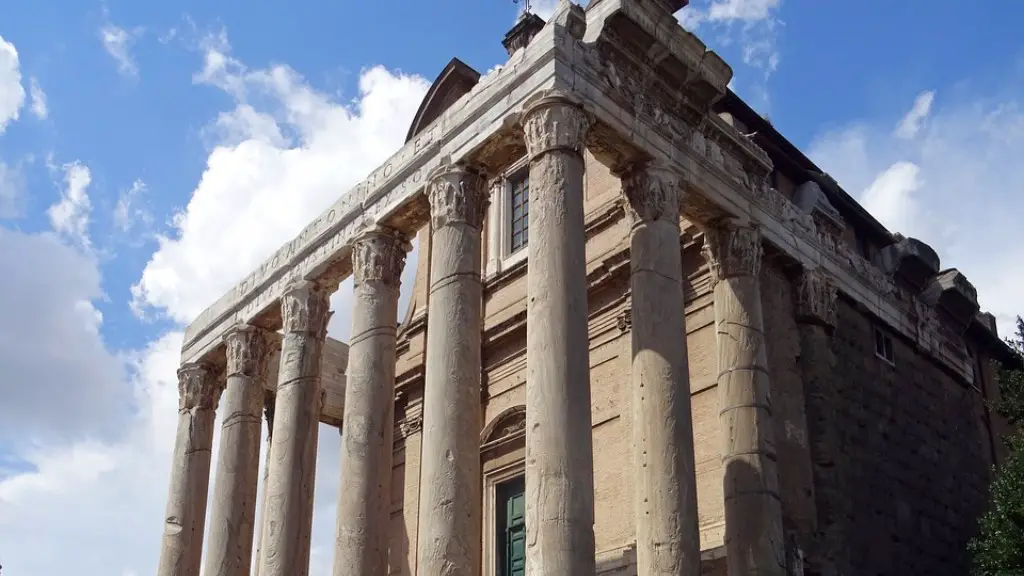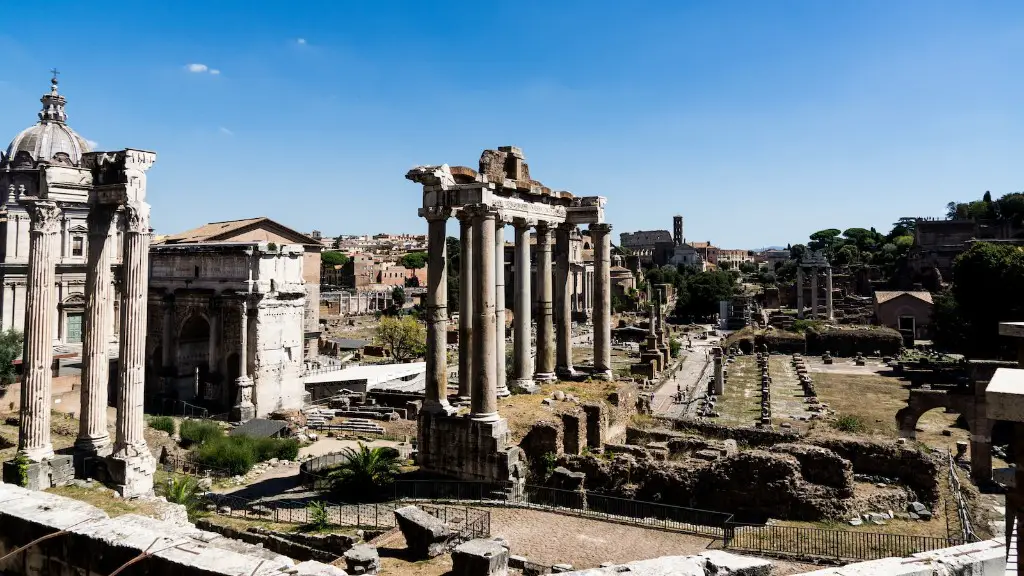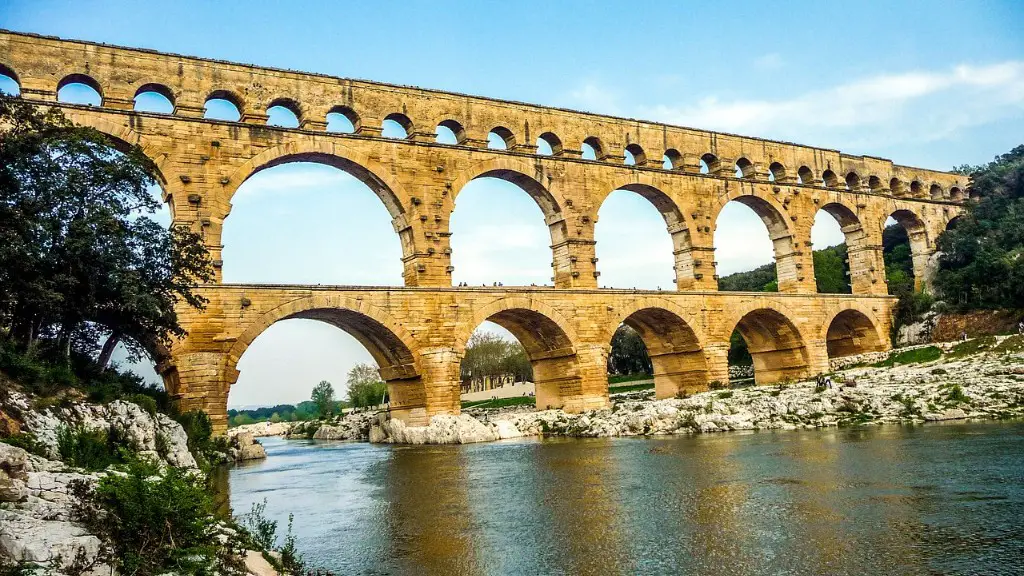History of the Roman Republic
Ancient Rome, which was founded in 753 BCE and endured until 476 CE, was a republic for most of its existence. A republic is a form of government where citizens have the right to vote for their representatives, allowing them to have a say in the laws and decisions of the state.
The historical records tell us that the Roman Republic was an oligarchy ruled by a number of powerful families. However, over time, the aristocratic feudal system had been overwhelmed by the middle class, who were gaining economic, social, and political power. This class began to compete for greater representation in government.
As a result, the Roman Republic sought to balance its government in a system that would benefit all citizens, known as a checks and balances system. This system allowed the legislative, executive, and judicial powers to interact with each other and prevent any single faction from having too much control.
The Roman Republic was based on the principles of limited government, law and order, and private property rights. It was also heavily reliant on participation from citizens in public life. This included voting in elections, serving in the military, attending court proceedings, and participating in the Assembly, an event that consisted of all citizens in the state.
Public service in the Roman Republic was an honorable pursuit, often associated with a sense of civic duty rather than economic gain. In order to ensure fairness, the Roman Republic implemented a variety of laws and regulations that ensured that government officials were appointed on merit, rather than due to their social standing or wealth.
These laws, combined with the republic’s emphasis on citizens’ rights and the checks and balances system, kept the government in line with the needs and wishes of its citizens. It also allowed for a degree of stability, as the government was not vulnerable to the whims of powerful individuals, who would seek to increase their own power at the expense of the general population.
The Decline of the Roman Republic
The Roman Republic began to decline in the 1st century BCE, as the concentration of political power in the hands of a few powerful families led to a series of civil wars. This weakened the government, causing it to lose its effectiveness. In addition, the wealthy elite became increasingly powerful, and their influence began to override the wishes of the general population.
The rise of Julius Caesar was another major contributing factor to the downfall of the Roman Republic. Despite being elected as a dictator, he was able to gain a great deal of influence and power. He passed a number of laws which made him even more powerful, leading to the creation of a form of dictatorship that resembled an absolute monarchy.
The Roman Republic eventually succumbed to the forces of absolute monarchy, and in 27 BCE, it was replaced by the Roman Empire. This new system of government was ruled by an autocratic head, who was not elected by the citizens, but appointed by the senate. The senate was elected by the citizens, and its members had to swear loyalty to the emperor, who had the power to override any decision.
The Roman Republic was one of the most enduring and influential governments in history, and it provided an example for other governments to follow. Its focus on public participation, and the protection of individual and collective rights, is still seen in modern democracies today.
Impact of the Roman Republic
The Roman Republic left a lasting legacy on the world. Its system of government and laws was adopted by many other countries, including the United States. The principles of limited government, checks and balances, law and order, and private property rights were integral to the formation of the United States government.
The republican government also had a great impact on the language, literature, and political thought of the region. Its citizens developed sophisticated and influential forms of rhetoric, and its writers produced works that have had a lasting impact on modern culture. Its sense of democracy and civic engagement also encouraged greater participation in public life, and its emphasis on the rule of law has been seen in many modern states.
The Roman Republic was also the driving force behind the spread of Christianity throughout Europe. Many of the teachings of Christianity were based on the moral and ethical principles established by the Roman Republic, and it is likely that without its influence, Christianity may not have become as widespread as it did.
While the Roman Republic did eventually succumb to the forces of absolute monarchy, its legacy lives on. Its system of government and laws provided a template for other republics and democracies to follow, and its influence is still felt today.
Role of Roman Citizens in the Republic
The Roman Republic was dependent on the citizens for its success. Without the active participation of its citizens, the government and its laws would not have been effective. As such, it is important to consider the role that the citizens played in the functioning of the republic.
The Roman Republic valued its citizens and placed a heavy emphasis on their rights and participation. They had the right to vote for their representatives, and to serve in the military and to participate in the Assembly. These rights enabled them to make their voices heard in the government.
In addition, the Roman Republic encouraged its citizens to be responsible and to serve their country. Civic duty was highly valued, and those who served gained respect and honors. This sense of patriotism and civic involvement helped to keep the republic stable and effective.
At the same time, the Roman Republic also placed an emphasis on citizens’ accountability. Those who abused their power or acted contrary to the interests of the state were punished accordingly. This system ensured that power was not abused, and that the government was accountable to its citizens.
The Roman Republic was dependent on its citizens for its success. Their participation in public life, combined with the system of checks and balances, ensured that the republic was stable and effective, and provided the necessary framework for it to become an enduring and influential form of government.
Significance of the Roman Republic
The Roman Republic was an influential and important form of government, providing a model for many modern democracies. Its system of government, laws, and principles are still seen today, and its influence can be seen in the United States government and other forms of democracy.
The Roman Republic also had a lasting impact on the language and literature of the region, and its sense of democracy and civic engagement helped to ensure the stability and effectiveness of the state. It also spread Christianity throughout Europe and provided an example of how a society could successfully balance the needs of its citizens with the power of its government.
The Roman Republic was a complex and influential government that left a lasting legacy on the world. Its system of government and its emphasis on civic engagement and participation provided a template for other governments to follow, and its influence is still felt today.
Roman Republic and its Legacy
The legacy of the Roman Republic is still present in modern democracies. Its system of government, principles and laws have influenced many modern governments, and its sense of civic engagement and participation have been seen in many countries around the world.
Its legacy has also been seen in the language and literature of the region, as well as in the spread of Christianity throughout Europe. The Roman Republic provided an example of how a society could successfully balance the needs of its citizens with the power of its government, and its influence can still be seen today.
Although the Roman Republic eventually fell to the forces of absolute monarchy, its legacy still lives on. Its system of government and its principles of fairness and justice have provided a template for many other governments to follow, and its influence is still felt today.
The Roman Republic was an influential and important form of government, and it left a lasting legacy on the world. Its system of government, laws, and principles are still seen today, and its influence can be seen in many modern democracies. It provided an example of how a society can successfully balance the needs of its citizens with the power of its government, and its sense of democracy and civic engagement has been seen in many states.
